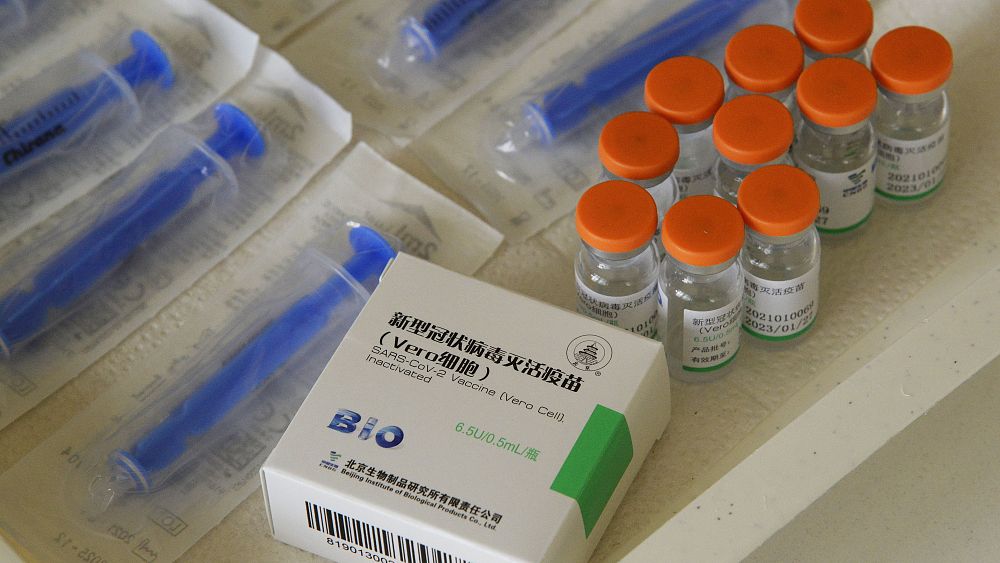In a rare admission of the weakness of Chinese coronavirus vaccines, the country’s top disease control official says their effectiveness is low and the government is considering mixing them to get a boost.
Chinese vaccines “don’t have very high protection rates,” said the director of the Chinese Center for Disease Control, Gao Fu, at a conference Saturday in the southwestern city of Chengdu.
Beijing has distributed hundreds of millions of doses abroad while trying to promote doubt about the effectiveness of the Pfizer-BioNTech vaccine, which is made using the previously experimental messenger RNA, or mRNA, process.
“It’s now under formal consideration whether we should use different vaccines from different technical lines for the immunisation process,” Gao said.
Officials at a news conference Sunday didn’t respond directly to questions about Gao’s comment or possible changes in official plans. But another CDC official said developers are working on mRNA-based vaccines.
Experts say mixing vaccines, or sequential immunisation might boost effectiveness. Researchers in Britain are studying a possible combination of Pfizer-BioNTech and the traditional AstraZeneca vaccine.
China has administered 164.4 million doses of its vaccine domestically, according to Our World In Data. It has also sold and donated millions of doses to dozens of countries.
Hungary is the only European Union member state to have rolled out the Chinese vaccine with Prime Minister Viktor Orban choosing to be inoculated with it.
Chinese authorities have not submitted their vaccines to the European Medicines Agency (EMA) for use across the 27-country bloc.
The EMA has so far approved the use of four vaccines — by Pfizer/BioNTech, AstraZeneca/Oxford University, Moderna, and Johnson & Johnson. It is also currently reviewing Russia’s Sputnik V.






